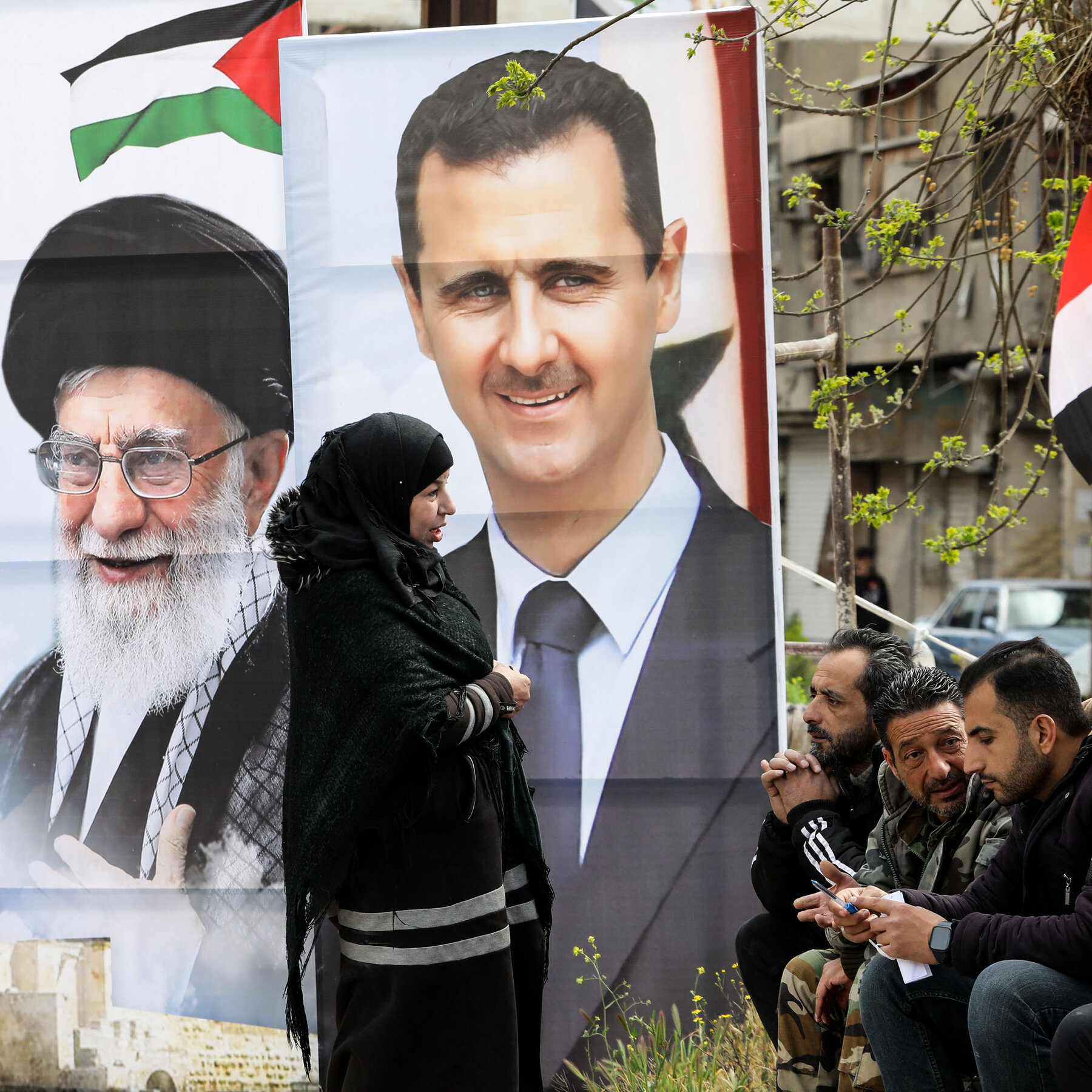With Assad Challenged, a Push to Cut Syria’s Ties to Iran Grows More Unlikely

You have a preview view of this article while we are checking your access. When we have confirmed access, the full article content will load.
Even as Israel bombarded Syria, officials say the U.S. and Gulf countries were working to weaken its president’s alliance with Tehran. Rebels’ shock advance has dampened those hopes.

For months, his country was battered by escalating Israeli bombardment, while behind the scenes, the United States and Gulf countries courted him diplomatically. It was a secretive, two-pronged approach meant to pressure President Bashar al-Assad of Syria to abandon his most important regional alliance with Hezbollah and Iran.
The overtures to Mr. al-Assad were the product of what Israel and its allies saw as a rare but risky opportunity — with Iran’s regional network fracturing under Israeli attack, they hoped to force Iran’s most important partner out of the alliance, according to former U.S. officials, two European diplomats and four Israeli officials who spoke on the condition of anonymity because of the sensitivity of the subject.
Now, those regional ambitions may be derailed by a far smaller and long-discounted force: Resurgent rebels have launched a surprisingly successful attack in Syria, exploiting in part the strain Israel has put on the alliance that helped Mr. al-Assad maintain power through more than a decade of uprising and civil war. In a matter of days, the rebels seized the country’s second-largest city, Aleppo, and challenged Mr. al-Assad’s grip on the country’s northwest.
Despite his traditional partners being so weakened, regional experts and diplomats expect that Mr. al-Assad will now be even more reluctant to abandon Iran and its allies, who are still his best bet for fighting, yet again, for his regime’s survival.
Syria is at the center of today’s regional power struggles because of the critical land corridor it provides for Iran to Hezbollah, Tehran’s most important regional ally, in Lebanon. Severing this pipeline for weapons, supplies and people is critical to Israel — and defending it is just as critical to Iran.
Israel, with the support of the United States, was eager to take advantage of its campaign against Hamas after the Oct. 7, 2023, attacks. After Israel killed key leaders of Hezbollah and Hamas and depleted their weapons stockpiles, there were signs that Israel’s approach was working. Iran’s bellicose rhetoric toward the United States and Israel had given way to signals that it wanted less confrontation. Russia, another key ally of Mr. al-Assad’s, has been ensnared in Ukraine, emboldening Israel and U.S. regional allies to pressure Moscow and Mr. al-Assad into rethinking the alliance.





